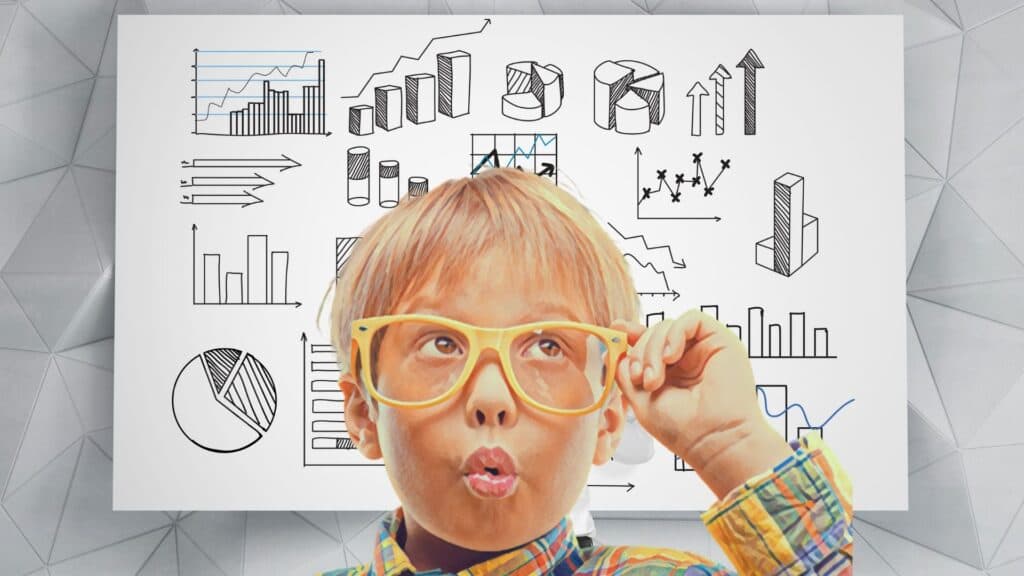
Taking the small pieces of individual life and fitting them into the bigger, shared reality – is the magic of big data and analytics. Known as a tech buzzword, how exactly is big data analytics used in our everyday life? Here’re 5 aspects that you might not notice.
Data Analytics Used in Your Everyday Life
Table of Contents
1. Data in Online Shopping
Retail is perhaps, one of the biggest sectors that have been taking advantage of data analytics. With big data, online shopping and e-commerce giants like Amazon, eBay, Rakuten, Alibaba and so much more, are enabled to target customers using effective advertisements with actionable data like search results and web browser history records. Together with consumers’ demographics and location information, it is much easier to achieve booming online retail success with the help of data analytics, especially during the pandemic when traveling has been prohibited.
Beyond utilizing big data to boost sales, E-commerce data analytics often also reveal some unexpected shopping behaviors. For retail businesses harnessing data analytics tools, it is easy to uncover customers’ preferences by tracking the goods types that they purchase in the same order, the optimal time to shop, or the quantity they get each time – all are important insights that contribute greatly to establish a strong promotion strategy. Big data can also be used to track and enhance customer service, customer satisfaction, and delivery times and hence, help find out the potential loopholes in online business’s operations and room for improvement.
2. Data in Music, Shows, and Movies
The ways we consume information and entertain ourselves have changed drastically in recent years. Thanks to the breakneck growth of mobile usage, streaming service is the new entertainment with money back on the table. Another area relies heavily on big data to collect information and track your activity, from music apps including Spotify, Apple Music, television, and movie streaming software like Netflix and Disney+, to even audiobook and podcast services like Audible.
Data analysis provides the music, shows, and movie industry with a leg up on what people are interested in. Exclusive and personalized content like playlist recommendations could then be made to enhance the user experience. For TV and movies streaming service providers, they could glean insights from viewer retention data to decide whether or not to renew a show, how to allocate budgets, and what else to suggest so that they could retain the audience.
3. Data in News and Information
Additionally, big data is also a massive force that can shift the global journalistic landscape. The advancement in data analytics tools helps accelerate and simplify the data collection process in news-making. The nature of big data, as an infinite pool of evolving information, is to give credible insights as a decentralized source.
Big data also shapes news delivery in a way that news apps and websites can now push stories that may match the reader’s particular interests.
4. Data in Education and Employment
Although these two things might not seem relevant to each other, data actually plays a crucial role in improving the education and even employment sector.
Academic and demographic data are essential for teachers or course instructors to know more about their students to adjust and create better programmes and syllabuses. Looking at data is the most objective and clear way to assess the strengths and weaknesses of students, especially when it’s a big group. It’s sometimes easy to neglect how large the amount of data that school workers have to handle on a daily basis. That includes test scores, attendance records, grades, and so on.
Moving on from college admission to the workplace setting, again big data help determine a candidate’s ability in different aspects. Not only can HR professionals identify a suitable candidate much easier with the assistance of demographic data and other background information, but they could also make good use of data analytics to get insights and improve hiring processes.
5. Data in Healthcare
Last but not least, one of the most personal ways that data analytics affect your life, is health-related.
The growing trend of digitising medical records enables limitless tracking of a person’s medical history. The Electronic Health Records Sharing System (eHRSS), the patient-oriented electronic sharing platform has been the practice for several years. Now, medical professionals can track your previous health records and tailor a treatment that works best for you. For the bigger picture, medical experts can also monitor global health and protect the masses from diseases by assessing big data in healthcare. Existing treatments and medicines could be evaluated to achieve better results in the future.
Data is in the air
Living in a world of overflowing data, big data is becoming much more prevalent in our everyday life, perhaps more than we realise. Apart from utilising this giant pool of information, it is of utmost importance that we remain a certain level of understanding and control over rapid innovation. Privacy and ethics should be kept at the core of our minds so that we could protect ourselves against the possibility of misuse.
Read more:The Top 5 Metaverse Platforms in 2023 to Watch Out forBest movies about the metaverse – from 90’s to 202311 Biggest Tech Cities in the World




